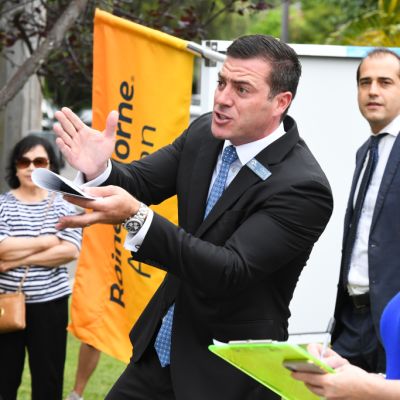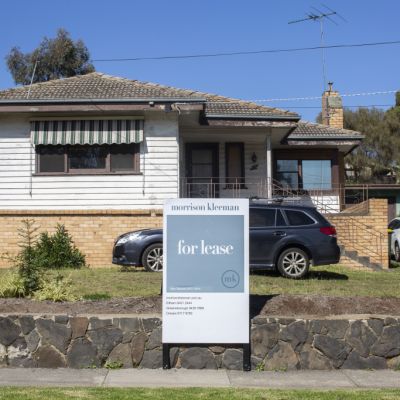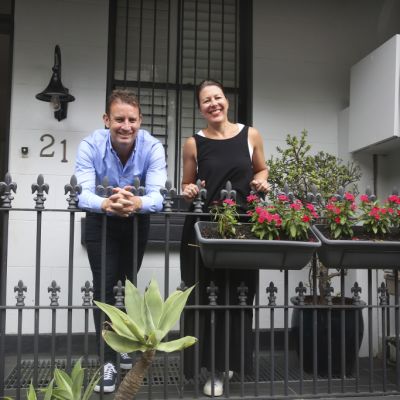Property prices in some cities rise while rents stagnate or fall: Domain data
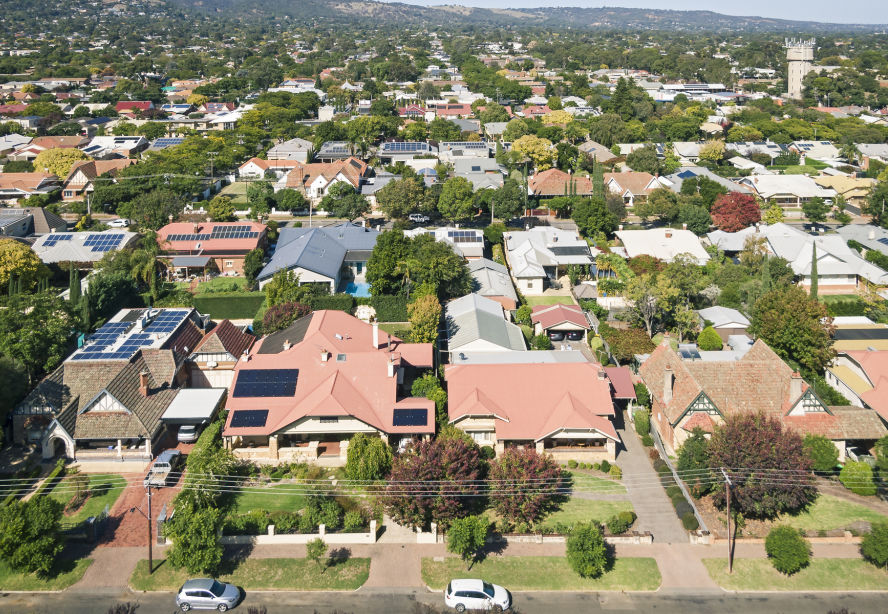
Property prices are rising while rents track sideways or fall, with experts warning buyers should be careful about purchasing in neighbourhoods on “shaky ground”.
House and unit prices are at record levels in several cities after rock-bottom interest rates and government stimulus prompted a rush of buying, while assistance such as JobKeeper and mortgage holidays helped prevent a wave of distressed selling through the worst of the coronavirus pandemic.
Sydney house prices soared 4.8 per cent in the three months to December, on Domain data, but rents have not kept pace, rising only 1.9 per cent in the same time frame.
Unit prices in the harbour city edged up 0.2 per cent while asking unit rents fell 5.1 per cent.
The trend is pronounced among the high-rise apartments of the Sydney CBD, where unit prices are 6.5 per cent higher than a year ago while unit rents dropped some 20 per cent.
It shows buyers are proving willing to pay more for property even as rents stagnate or fall, and experts warn of the risk prices could come down again, with worries over investor-heavy neighbourhoods.
Melbourne showed a similar pattern, with quarterly house price growth (up 5.3 per cent) outstripping house rents (unchanged), and unit price growth (up 4.4 per cent) outpacing unit rents (down 3 per cent).
Melbourne CBD unit prices held steady over the past year despite unit rents falling 27.3 per cent.
Rents in other capitals showed a different trend, with Brisbane and Perth rent growth outpacing sale price growth. Canberra unit rents kept pace with unit prices, but Canberra house rents lagged behind soaring sales prices.
With JobKeeper payments now winding down and mortgage holidays set to end, pressure is being added to the financial cushion owners once had, especially for investors.
“For owner-occupiers, if they have a regular wage and can make the mortgage payments it’s not so much of a risk,” Professor of economics at the University of NSW Richard Holden said.
“If it’s people who have negatively geared it’s a worry and looks much riskier.”
Those who were benefiting from tax breaks to help repay home loans were facing a tough few years, Professor Holden said, as international students and other international renters were kept out of the country by COVID-19.
“It’s not at all clear when international students are going to be coming back,” Professor Holden said.
With fewer migrants, there will be far fewer tenants in the market, he said.
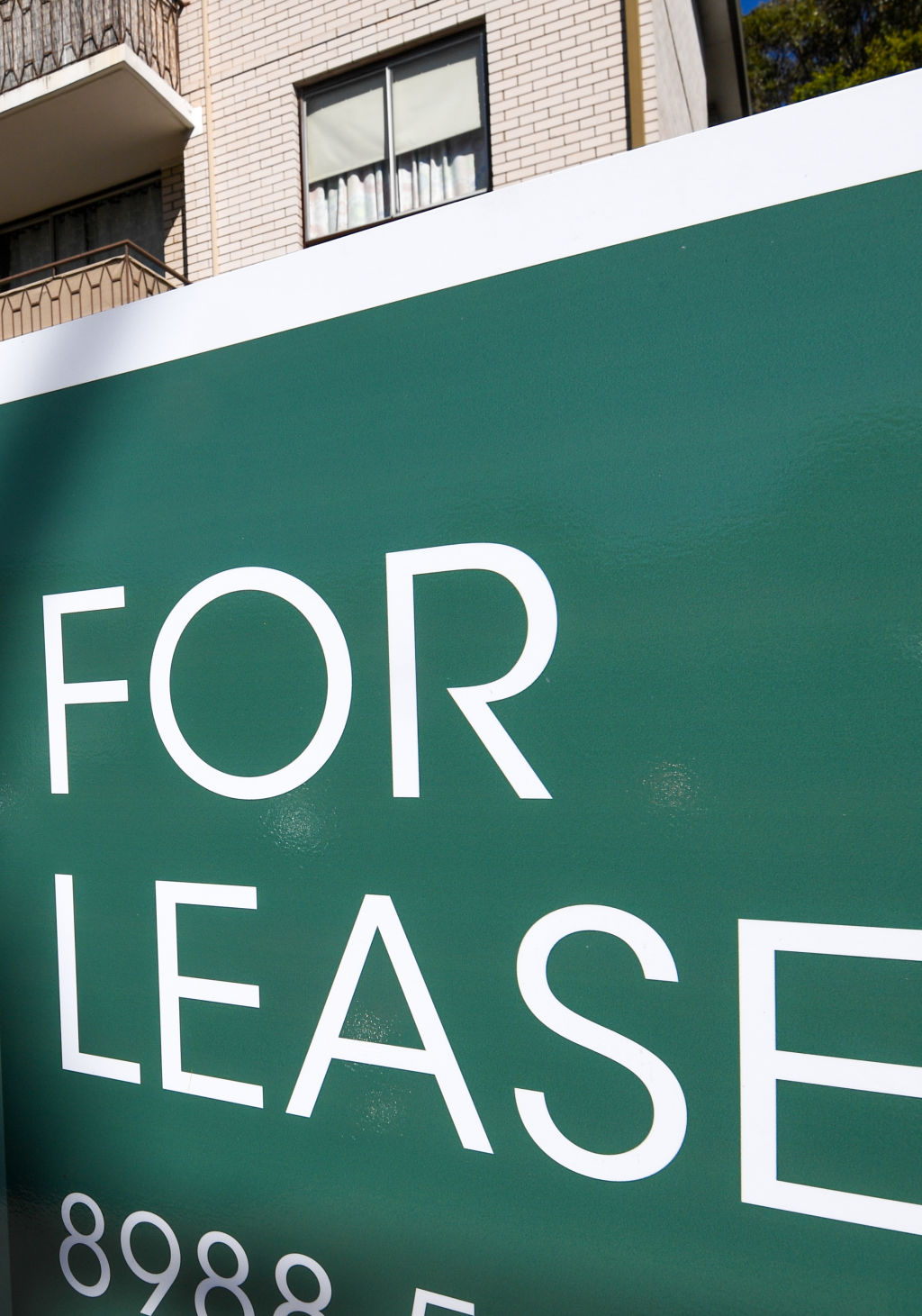
The end of JobKeeper would also add pressure to those with usually stable employment opportunities who are able to pay the mortgage.
“We don’t really know which businesses are going to be able to keep people in jobs once JobKeeper ends,” Professor Holden said.
“There could be a whole lot of zombie businesses that can only afford to employ people with the JobKeeper subsidy and when that disappears [people will lose their jobs]. If it happens – it will happen all at once.”
AMP Capital chief economist Shane Oliver said the biggest pressure would be on investors in parts of Sydney and Melbourne where international students had been renting.
“Low interest rates and government incentives pushed prices up … but now we’re left with low immigration numbers and falling rents so prices could come back down again,” Dr Oliver said.
“Buyers need to be wary about buying into areas where there are higher prices and falling rents – those areas on shaky ground.”
University of South Australia Professor of Property and Housing Economics Chris Leishman said the end of the eviction moratoriums in the early part of this year would put added pressure on the rental and investor markets.
“What we would expect to see is a lot of evictions and then a lot of people looking for new tenancies with damaged credit ratings because they’ll be in debt [from not being able to pay rent],” he said.
“Rents could be pushed further down as more rentals sit empty … It’s a strange market.”
Commonwealth Bank head of Australian economics Gareth Aird said the higher risk to the market would only be short-lived.
“I think what will happen is that [rental] supply is going to slow and whether it’s later on this year or next year, the overseas international borders will reopen and the growth in population will pick up again, so whatever excess supply there is will only be there for a short period of time,” Mr Aird said. “So it’s not a longer-term risk.
“Rents aren’t going to drop off a cliff, but you’ll just see some rental deflation in some markets.
“But I think the key in all of this is that the mortgage rate is not going to go anywhere for years because the Reserve Bank is not going to be lifting interest rates, so that still means that repayments on debt are going to be very low for some time.”
We recommend
We thought you might like
States
Capital Cities
Capital Cities - Rentals
Popular Areas
Allhomes
More
